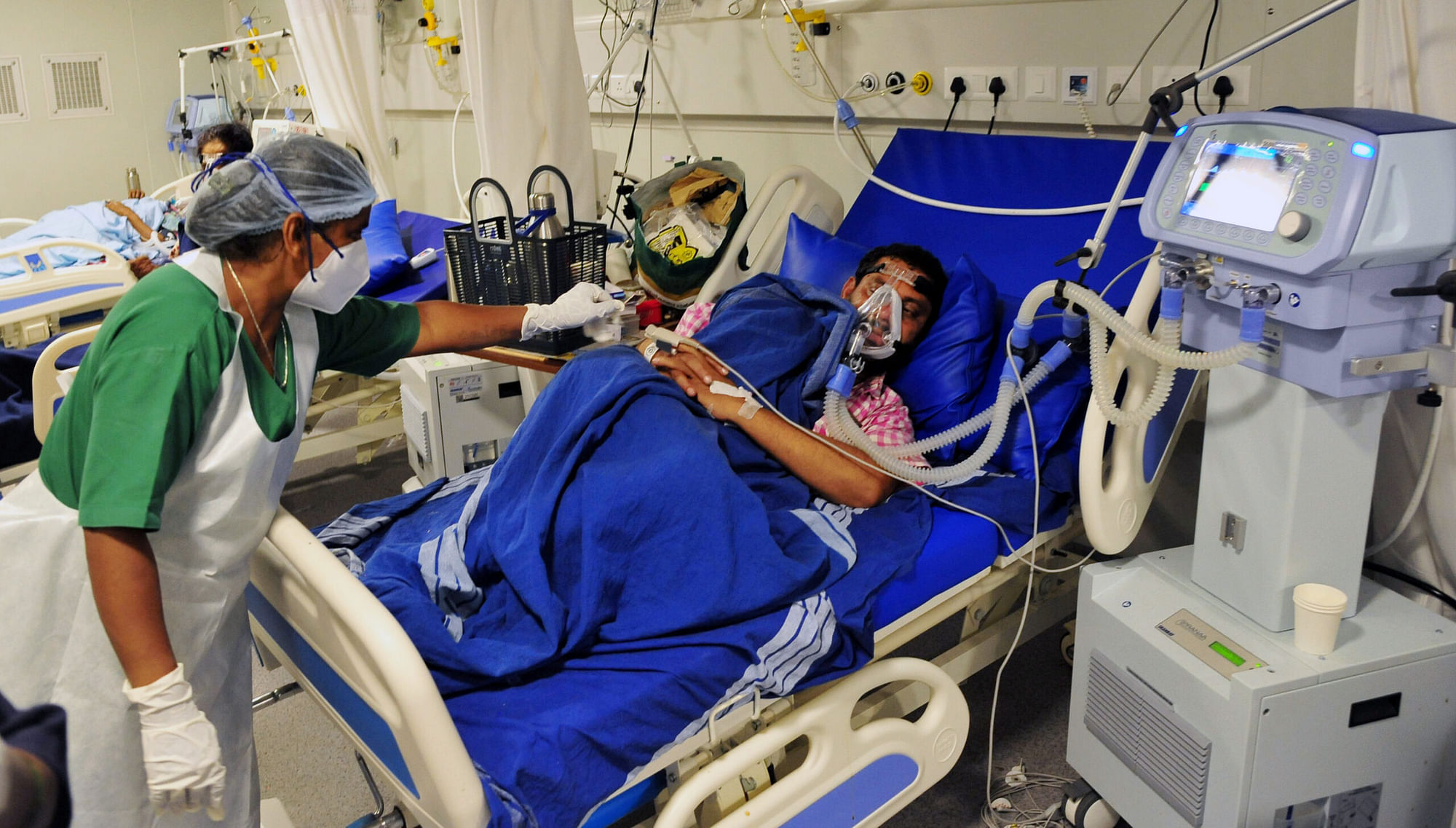Srinagar: The University of Texas Health Sciences Center has agreed to extend its support to Institute of Mental Health and Neuro-Sciences GMC Srinagar in order to have a collaborative and multi-disciplinary intervention and expertise for people suffering Post-COVID complications.
The University is the leader of the International Consortium that is being supported by the Alzheimer’s Association and with strong technical support from the World Health Organization.
In a letter, the University has said that up to a third of patients with confirmed SARS-CoV2 infection suffer symptoms suggestive of neurotropism by the virus often leading to serious complications and significant disability.
The work that the University will be doing with IMHANS will be longitudinal assessment of individuals to determine the prevalence of later neuropsychiatric sequelae, a condition which is the consequence of a previous disease or injury, and consequent disability in the COVID19 survivors.
Dr Arshid Hussain, Professor of Psychiatry, and the lead researcher of this project said the department is working with the hypothesis that most people post COVID19 will live normally without any issues. “But the people who do develop sequelae, particularly neuropsychiatric which at this moment seem the commonest, we should be able to identify and treat. What this project will do is to set up collaborative research based service delivery at almost no cost to the patient,” he said.
Dr Hussain said that while IMHANS will be part of a larger consortium at Global Canvas, GMC Srinagar will set up an inter departmental consortium which will be part of both research and services. “It will include experts from internal medicine, Chest Medicine, Neurology, Radiology, Biochemistry and IMHANS,” he said.
It, he said, will be very useful for everyone as new modalities like functional MRI will become a reality, and will be put to use for the first time on the newly acquired equipment. Biochemical tests, which cost a lot for patients, will be offered free.
Patients will be assessed based on international standardised (SCAN) tools in which all researchers and service providers will be trained. “We might collaborate with other departments and hospitals as the research goes on,” he said.






